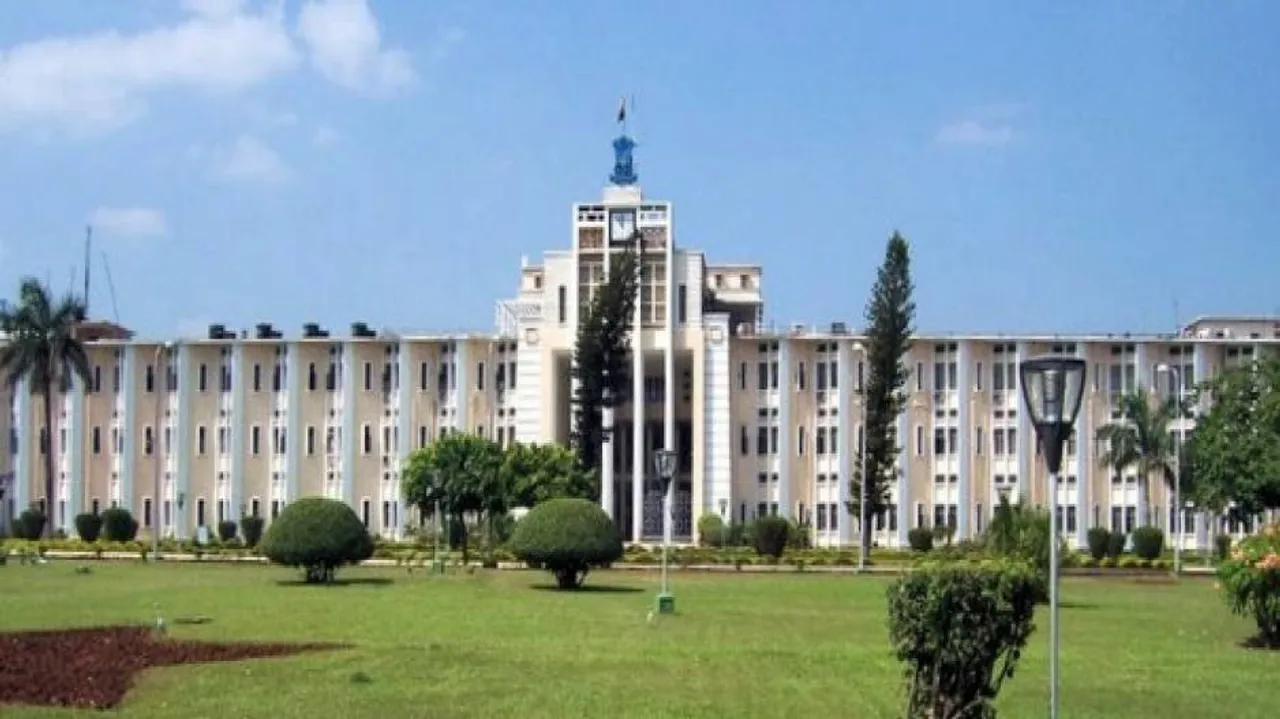After over five years since Covid-19 was declared a pandemic, Southeast Asia is witnessing a fresh surge in cases. Countries like Hong Kong, Singapore, China, and Thailand are reporting significant increases, largely driven by the Omicron subvariants LF.7 and NB.1.8 — both offshoots of the JN.1 lineage. Experts say the spike is due to waning immunity, immune-evasive mutations in the virus, and increased international travel.

Singapore saw a 28% rise in cases from April 27 to May 3, reaching 14,200 infections, while Hong Kong recorded its highest Covid activity in a year with a positivity rate of 13.66% and 31 deaths in the first week of May. NB.1.8, which originated in Hong Kong, is being seen as the primary cause of the current wave.
In contrast, India’s situation remains stable. Only 257 cases and one death were reported in May. While a slight uptick has been observed in states like Kerala, Maharashtra, Tamil Nadu, Karnataka, Gujarat, and Delhi, health experts and authorities maintain that the numbers are low given the country’s vast population. Most infections are mild and do not require hospitalization.

Dr. Rajeev Jayadevan, former IMA president (Cochin), noted that the current variants circulating in India are unlikely to trigger a new wave. Though Covid-19 has re-emerged as a cause of seasonal fever and respiratory symptoms, it is no longer a major threat.
Authorities advise staying alert, especially among the elderly and those with comorbidities, but confirm there is no cause for panic at this stage.










